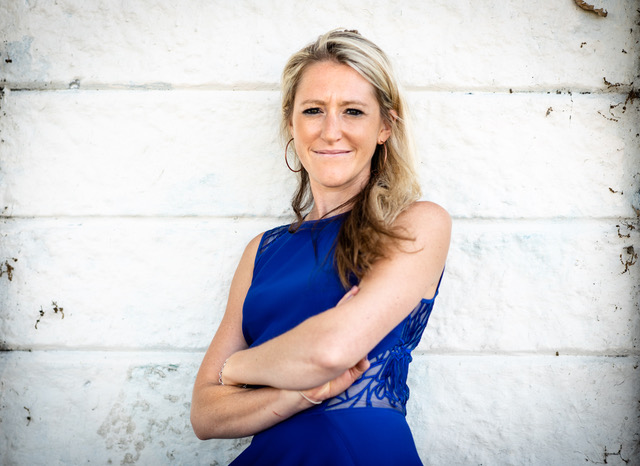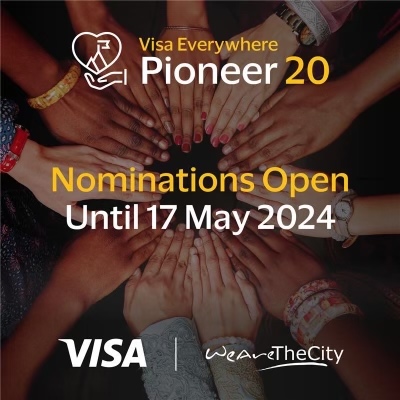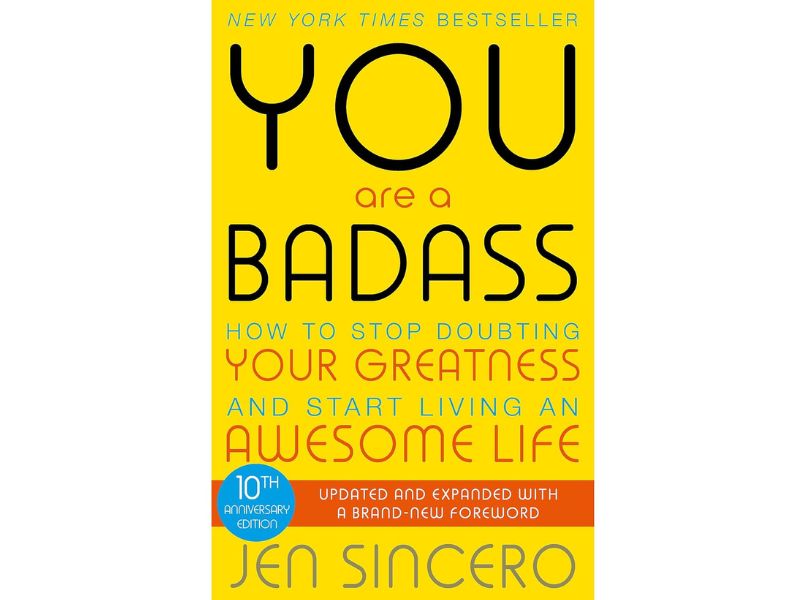
Hope Virgo is the Author of Stand Tall Little Girl, and an international leading advocate for people with eating disorders.
Hope helps young people and employers (including schools, hospitals and businesses) to deal with the rising tide of mental health issues which affect one in four people and costs employers between £33 and £42 billion annually.
She has been described by Richard Mitchell, CEO of Sherwood Forest Hospital, as “sharing a very powerful story with a huge impact”. Hope is also a recognised media spokesperson, having appeared on various platforms including BBC Newsnight, Good Morning Britain, Sky News and BBC News.
From the outside and on paper my life probably looks pretty okay.
I have a roof over my head, I have a job I absolutely love and I am mostly happy. But the thing about mental health is we all have it and we all need to find a way to manage it in the right way.
I know my brain so well. I know what my triggers are, I know what keeps me well and I know that talking is key! But sometimes working in this space can (ironically) make it harder to talk. Food wise I am in a very good place in my recovery and feel able to stay on top of this but what has been tough is my emotions. When I say I know what my triggers are, what I didn’t realise up until recently is that when I feel triggered with too much emotion I don’t cope that well.
This meant that over the last year as I reported the abuse from when I was 13, and with some personal issues going on, instead of being able to talk about it all I gradually shut down. I have talked a lot about the fact that this doesn’t impact my job, but my personal life and my relationships. This potentially makes it easier to hide but it also has a long term impact on me and others.
Ironically I found it really hard to accept what was going on, I felt stuck in this rut with life but was scared that if I did reach out for support that it might impact my job. Maybe people wouldn’t talk to me about their problems, or maybe I wouldn’t be asked to come and speak. I looked at all the other mental health campaigners and convinced myself they had it all totally together… the list of reasons that something couldn’t possibly be wrong was endless and because of this fear it stopped me looking at those warning signs.
The warning signs I should have spotted (and these will be unique to all of you)
- Running: this is something that I love. But over the last year I had stopped enjoying it quite as much, I was often a bit grouchy on a run, and since June I spent most of my runs going over and over things in my head, playing back scenarios and basically destroying my brain in the process.
- Mood: this is massive one; for me it was the fact I should have been able to spot that I was in a bad place. Surely crying a lot on the tube, or walking out when you feel any sort of negative emotion should be that wake up call.
- Work / Life Balance: well this was just all over the shot and I didn’t really know where to start tackling this. I was kind of convinced that if I worked all the time then that would be something, and the somehow all the other things would sort out.
The thing about warning signs is if we don’t act on them, things are only going to get worse.
So why is it so hard as a mental health campaigner when we know the stats, when we know the power of talking to actually start talking?
After speaking to some individuals the last few weeks about this the main issues people have from sharing is that they won’t get booked in for talks, or people won’t think they are well enough to do their job.
Seriously? This is the stigma faced in regular office jobs and should not be something we all face still working in this space. For some reason we find it so hard to talk about what it is like to live day in and day out with a mental illness. We all have mental health and we all sit on that spectrum and it is time we normalised that in all industries!
I decided that it was worth the risk, and if people didn’t book me for talks or events after this then so be it (that’s my stubbornness coming out), but it was crucial.
So many campaigners and people who work in this space tell me how they are, and then I see on social them having a blast with that mask on and yes we don’t always need to go showing every aspect of life because boundaries are key but we need to make sure we are being real with ourselves and those around us that can support us.
That’s what we need to be doing, we need to realise that every single one of us has mental health and that’s okay. It is also okay to go through bad patches with it as long as we have the right way to manage it (not the unhealthy way I did for the last year). We need to start embracing this and realising that yes we want to focus on recovery stories and positivity but it is also important to have Directors, CEOs, Campaigners… all talking about the here and now. The fact that last week I had a great week, strong positive… but this morning I woke up and felt rubbish. I cried, couldn’t face doing anything and then pulled myself out to a café to try and help my mood.
Spoiler alert: when I shared (and even on LinkedIn) the response was incredible!
Together we can end this stigma, together we can tackle this, staring in our workplaces, in our local communities. The more we speak up, the more people we will help.







